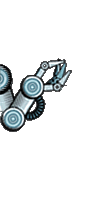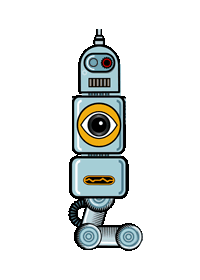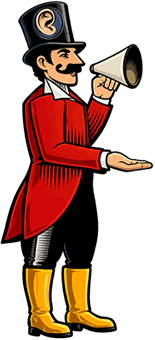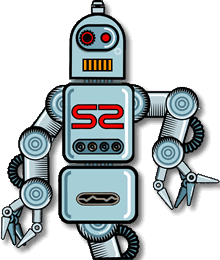Explore this spelling list: GCSE English Literature: Plays 1. This page and its activities are crafted to help you perfect your spelling. Choose between our online games and printable spelling lists using the buttons above.
GCSE English Literature
|
|
script |
The written text of a play, film, or broadcast is called a script.
|
|
|
playwright |
A playwright is someone who writes plays.
|
|
|
Shakespeare |
Shakespeare was an English playwright and poet.
|
|
|
act |
An act is a section of a play.
|
|
|
scene |
A scene is an unit of action within a play.
|
|
|
character |
A character is a fictional person or being in a story.
|
|
|
audience |
The people watching a show or reading a text are called the audience.
|
|
|
theatre
|
A theatre is a building in which plays are performed.
|
|
|
costume |
A costume is the clothes an actor wears in a production.
|
|
|
set |
Set refers to the scenery and furniture in a play and their position on stage.
|
|
|
stage |
Stage directions include entries, exits, and movement.
|
|
|
directions |
Stage directions include entries, exits, and movement.
|
|
|
dialogue
|
Dialogue is a conversational exchange.
|
|
|
narrator |
A narrator tells the story in a play.
|
|
|
auditorium |
The audience sits in the auditorium.
|
|
|
backstage |
Backstage is the area behind the stage.
|
|
|
emphasis |
If you put emphasis on something, it means you give it importance.
|
|
|
enter |
Enter indicates a character's entrance onto the stage.
|
|
|
exit |
Exit indicates a character's exit from the stage.
|
Develop better spelling habits with customized practice tools.



How to use:
Look and read the word.
Say the word. Click the speaker icon.
Cover the word.
Write the word.
Check your spelling.
Challenge yourself with spelling games and improve accuracy.
 Spelling Snowball
Spelling Snowball
Winter spelling fun!
![]()
![]()
 Egg Hunt
Egg Hunt
Crack the eggs!
![]()
 Word Search, small
Word Search, small
The classic English word game.
![]()
![]()
![]()
 Against the Clock
Against the Clock
Spelling 'against the clock'.
![]()
![]()
 Mayan Temple
Mayan Temple
Try the temple spelling puzzle.
![]()
 Monkey Business
Monkey Business
It's bananas!
![]()
Measure your progress with a spelling test on these words.

Use printable worksheets to reinforce spelling skills.
Write these words to reinforce learning and improve recall.

This word list was created by Spellzone. View more Spellzone course lists or curriculum word lists.
"Thank goodness for Spellzone during this remote learning phase. The site is easy for students to navigate independently and they're really enjoying the activities and spelling games. You get an awful lot for your money with Spellzone. Really reassuring is the very prompt response with helpdesk queries. I've very rarely needed the helpdesk, but when I have, the issue has been addressed and sorted within a very short time."
Sarah Taggart, Oasis Academy Lord's Hill